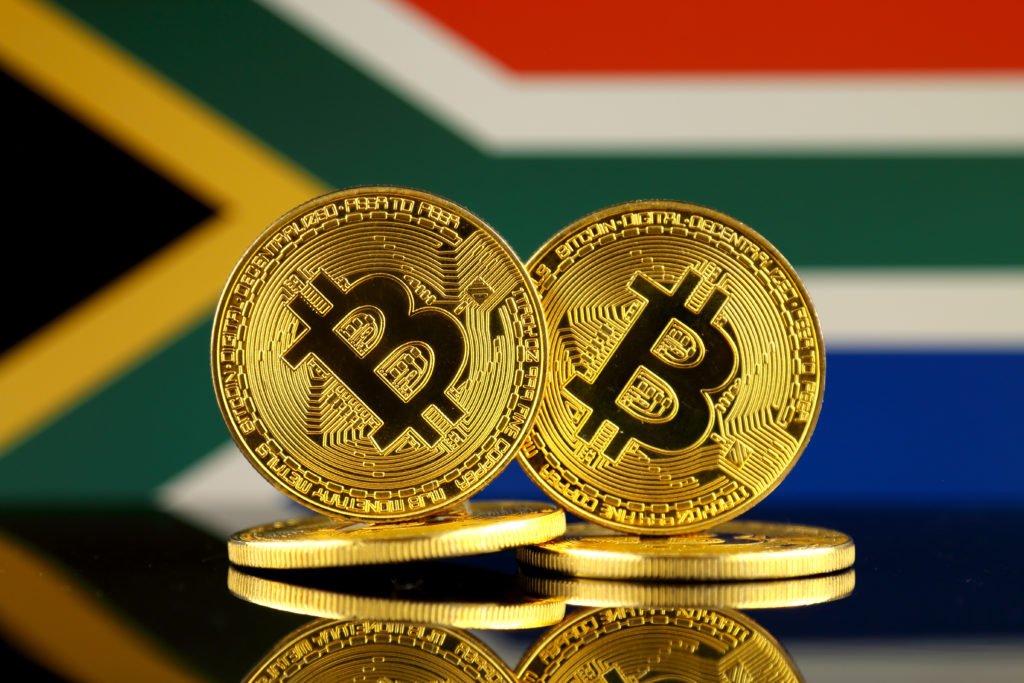Stocks are basically shares; it is the unit of capital allocated to an individual. The individuals that own the stock or the shares of a company are called Shareholders. For example, if MTN issues 1000 shares, and you bought 100 shares, the shares you bought signifies the fact that you own 10 per cent of MTN.
Stocks are bought and sold in a market and this market is called the stock exchange market. According to marketsmith.investors.com, Stock exchange market is a vehicle that allows institutions and individuals to invest their money in companies with a successful or promising product or service. It is also important to note that the stock exchange market also engages in the trade of other financial securities apart from the sale of stocks.
The stock market has a first tier and a second-tier market, where the stocks of a company can be traded based on certain requirements. Stocks of large companies are traded in the first tier market, while the stocks of small firms are traded in the second tier.
There is also a market where newly issued stocks are sold which is called the primary market, and the market for which previously issued shares are sold which is called the secondary market. For example, if MTN is a new company and it is issuing its shares to the public for the first time (IPO), such stocks are traded in the primary market. However, if a person that bought the share the first time it was issued and he or she want to sell that share, that share is sold in the secondary market.

There are three ways in which a stock can be traded, this include
- Auction exchange
- Electronic exchange
- Over the Counter (OTC)
The most popular of the three is the Auction exchange, and it has a different name in different countries. For example, the New York Stock Exchange (NYSE) which is based in USA, the London exchange rate, and in South Africa it is called the Johannesburg stock exchange (JSE).
The Johannesburg stock exchange market is the largest stock exchange market in Africa and it is the 19th largest stock exchange market in the world by market capitalization. According to the JSE, the market capitalization as at the end of 2013 was $1,007bn. Located at 1 Exchange Square, 2 Gwen Lane, Sandton, Johannesburg, South Africa, the JSE is the oldest Stock exchange in Africa and it currently offers five financial markets namely: Equities and Bonds as well as Financial, Commodity and Interest Rate Derivatives. Let’s consider some key facts about each of these markets.
Equity market
- There are almost 400 companies listed on The Exchange across the Main Board and AltX.
- The JSE index series is called the FTSE/JSE Africa Index Series and is a partnership between JSE and the FTSE Group
- The two benchmark indices are the FTSE/JSE All Share Index and the FTSE/JSE Top 40 Index which tracks the top listings in a representative spread of sectors.
- British American Tobacco (BAT), SABMiller, Glencore Xstrata and BHP Billiton account for a large share of the market.
Bond market
- The origin of the Bonds market dates back to the acquisition of the Bond Exchange of South Africa (BESA) in 2009.
- South Africa’s interest rate market is the largest on the continent.
- Majority of South African bonds are issued government and state-owned entities.
- In November 2012, the Namibian government floated a R850m ($78m) 10-year bond priced at 8.26%.
Derivatives
- The origin of the future market date back to the acquisition of the South African Futures Exchange (SAFEX) in 2001.
- In the World Federation of Exchanges Annual Derivatives Market Survey, JSE was ranked the 6th largest exchange by number of Single Stock Futures traded and 9th by the number of Currency Derivatives traded in 2012
The JSE was established in 1887, during the first gold rush in South Africa. The JSE joined the World Federation of Exchanges in 1963, following the first legislation covering financial markets in 1947. In 2003, provisions were made for small and mid-sized listings via the introduction of the alternative exchange, AltX. We conclude with some of these facts about the JSE.
- The Johannesburg stock exchange market is the largest stock exchange market in Africa by market capitalization.
- The JSE is the 19th largest stock exchange market in the world by market capitalization.
- There are 62 equities members, 120 Equity Derivatives members, 92 Commodity Derivatives members and 102 Interest Rate and Currency Derivatives members licensed in South Africa, a mix of local and international operations.
- The JSE is the frontline regulator for the exchange, setting and enforcing listing and membership requirements and trading rules.
- The Financial Services Board (FSB) supervises the JSE in the performance of its regulatory duties.
- South Africa was ranked 1st in the world in terms of regulation of securities exchanges in the World Economic Forum’s Global Competitiveness Survey for 2013-2014



